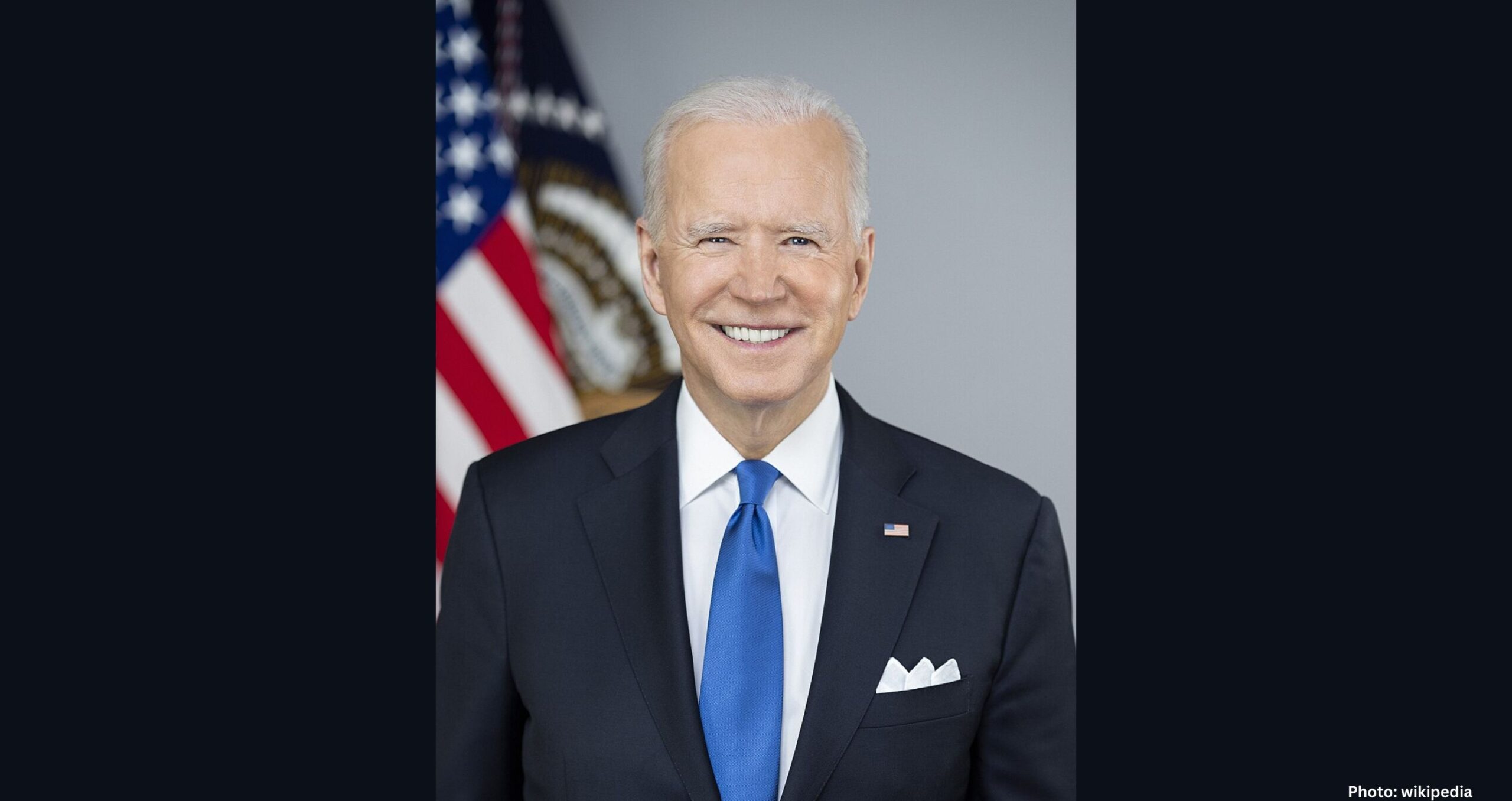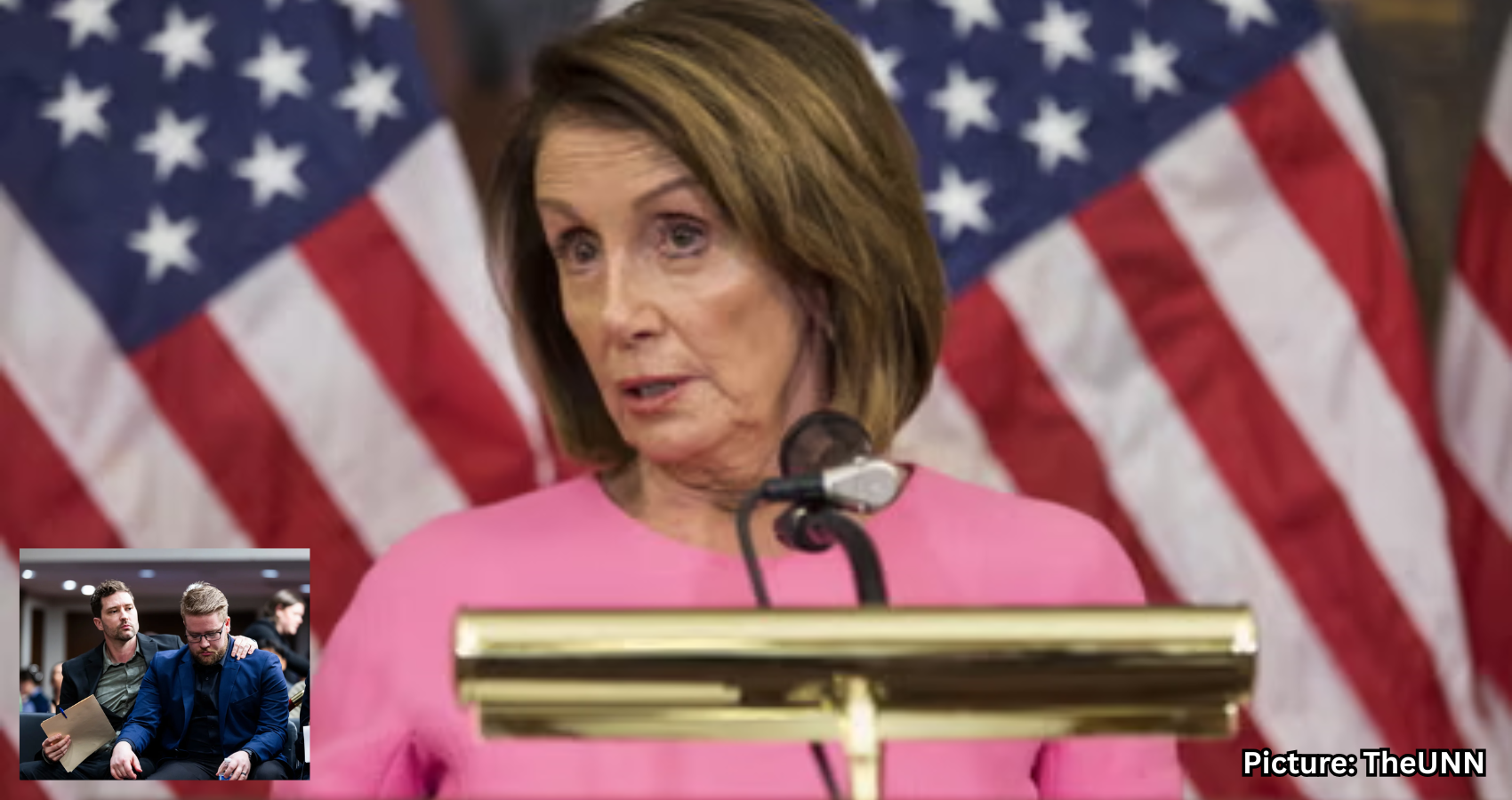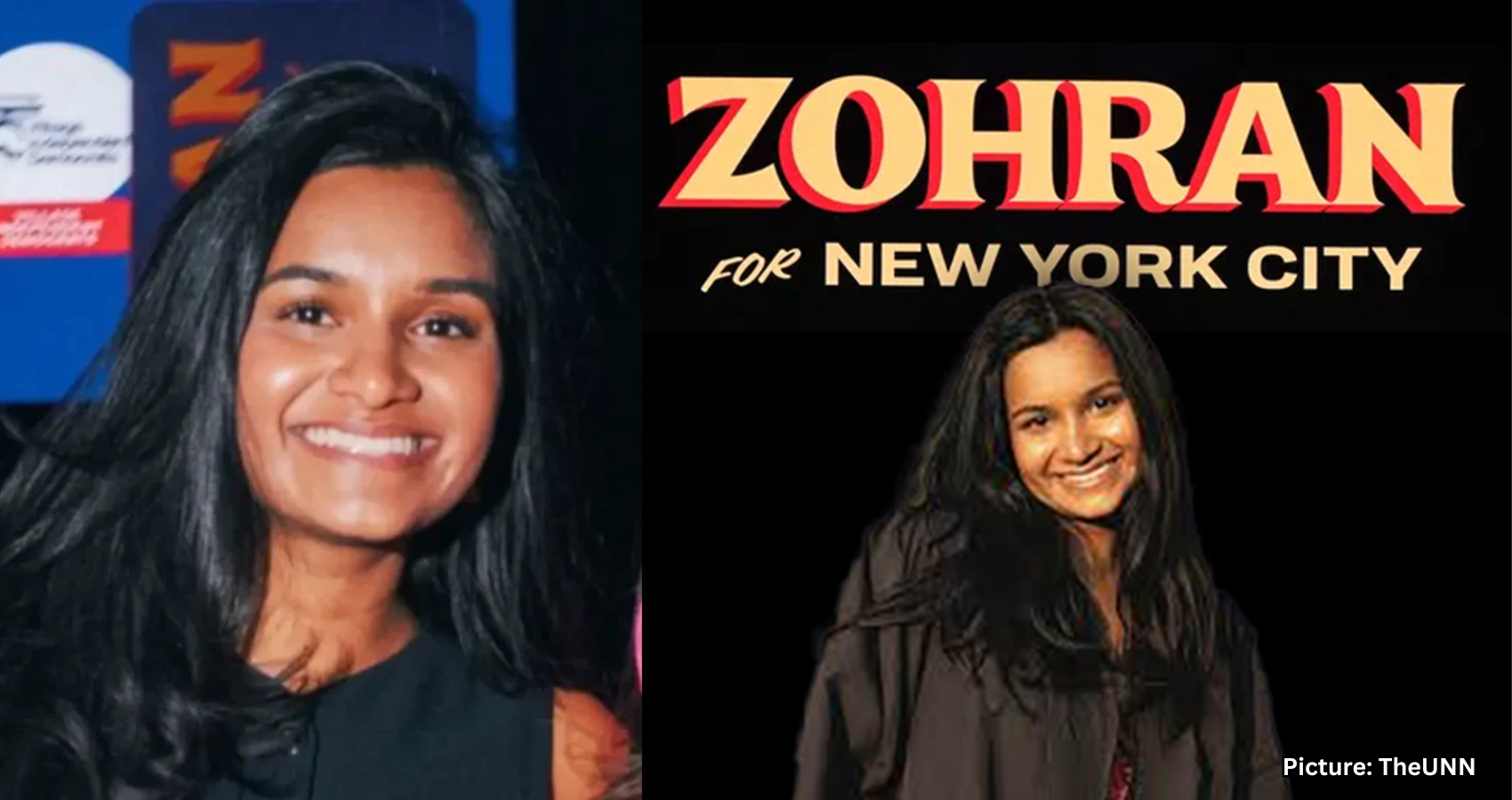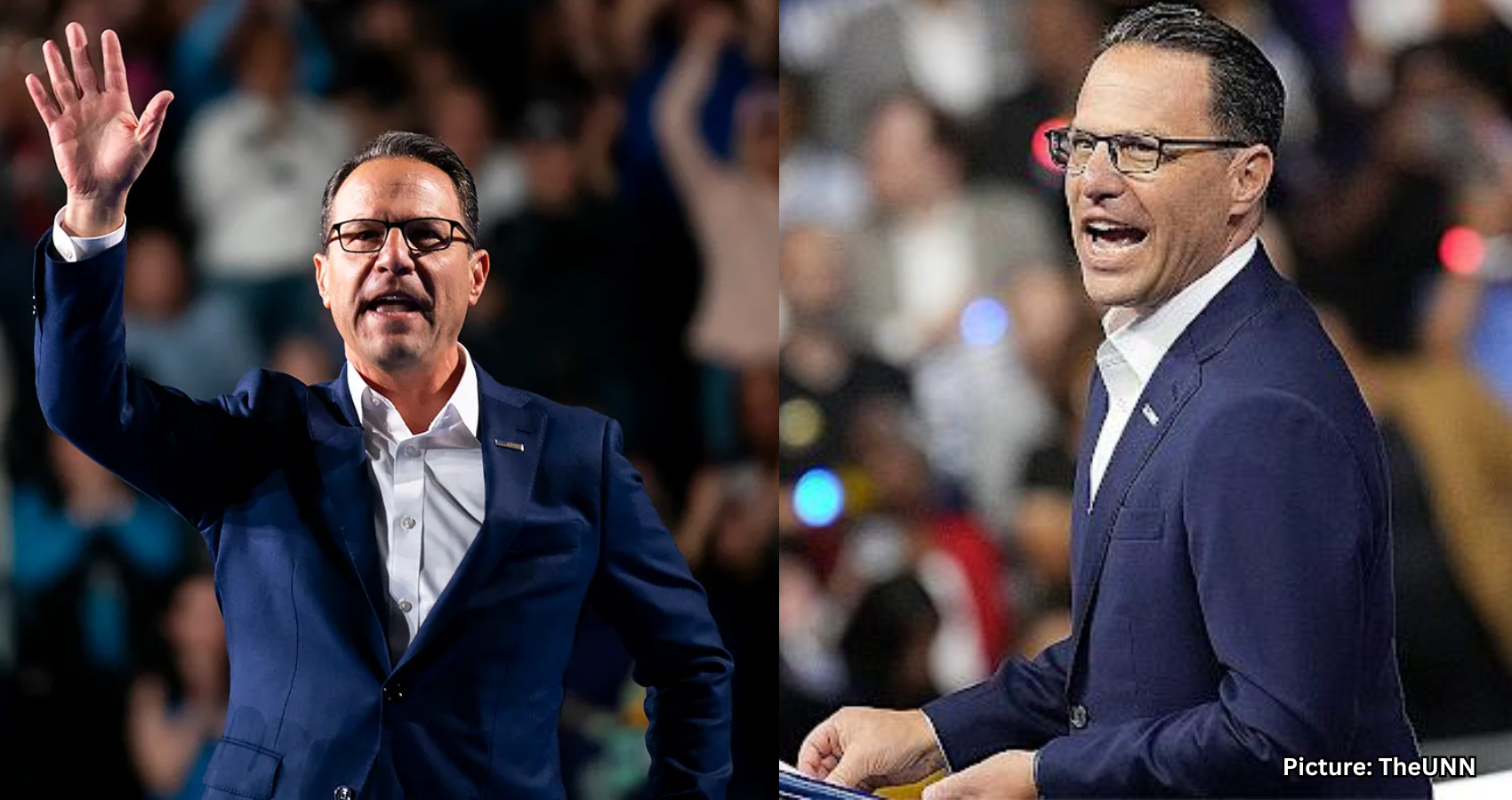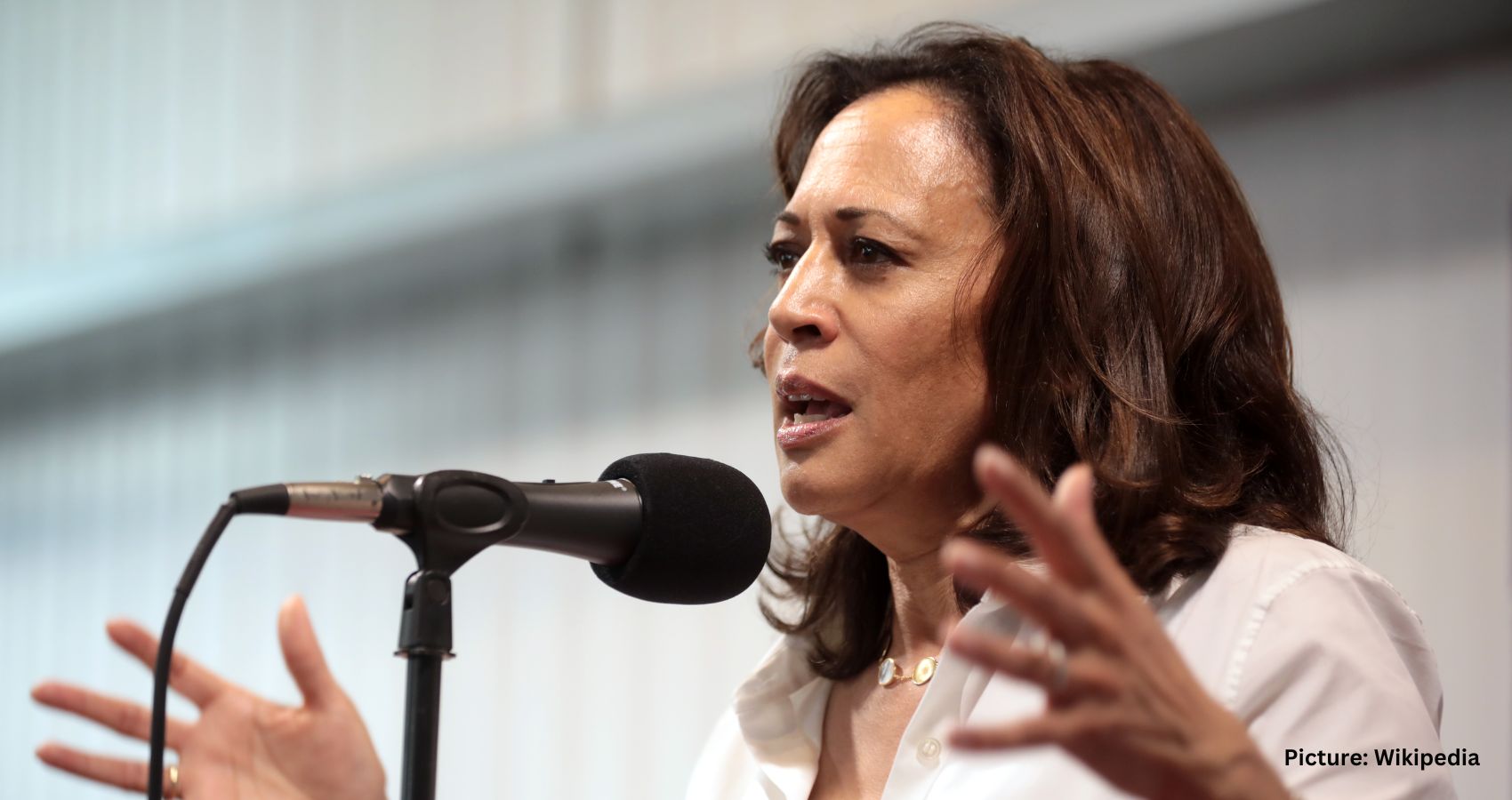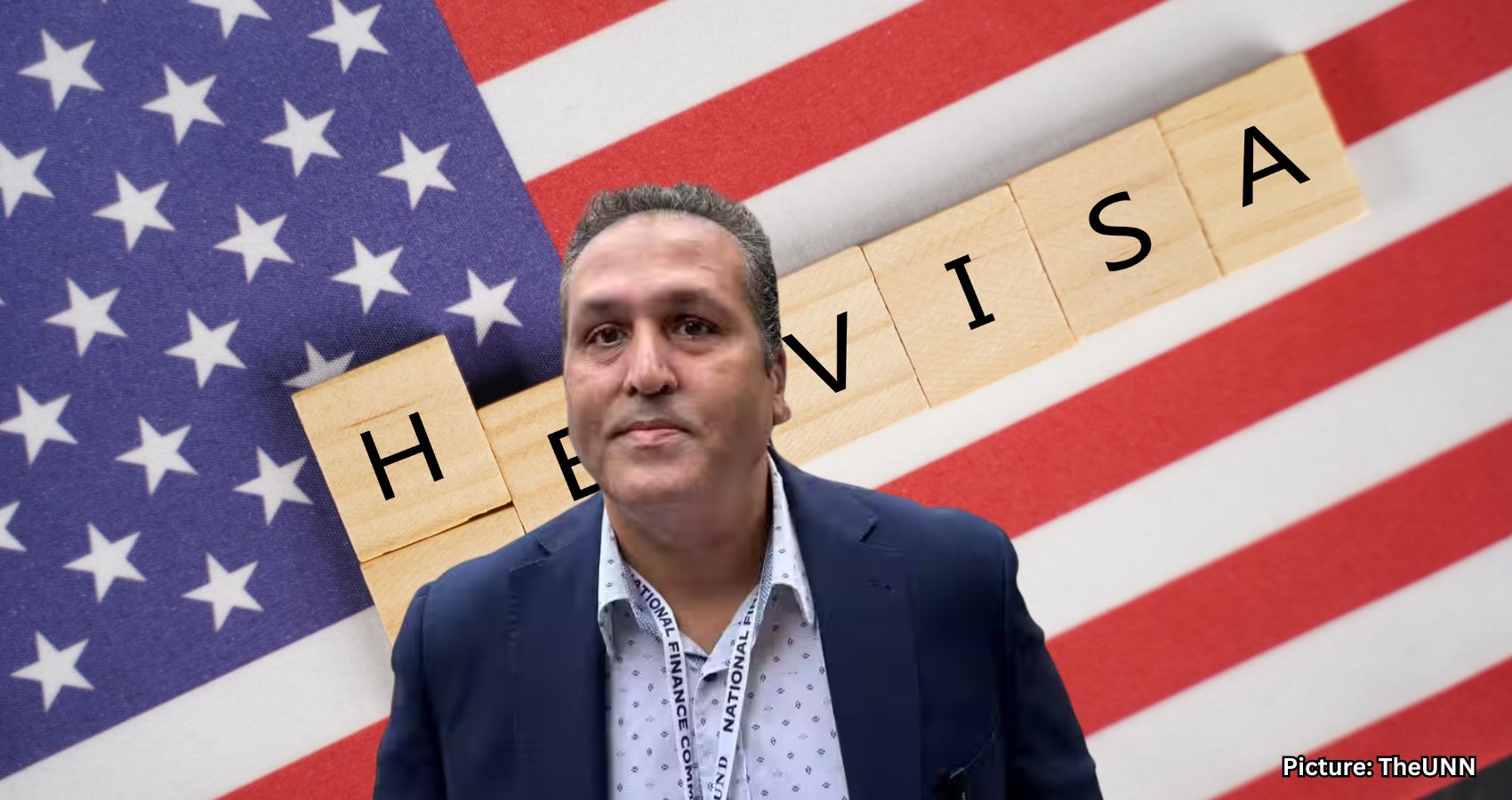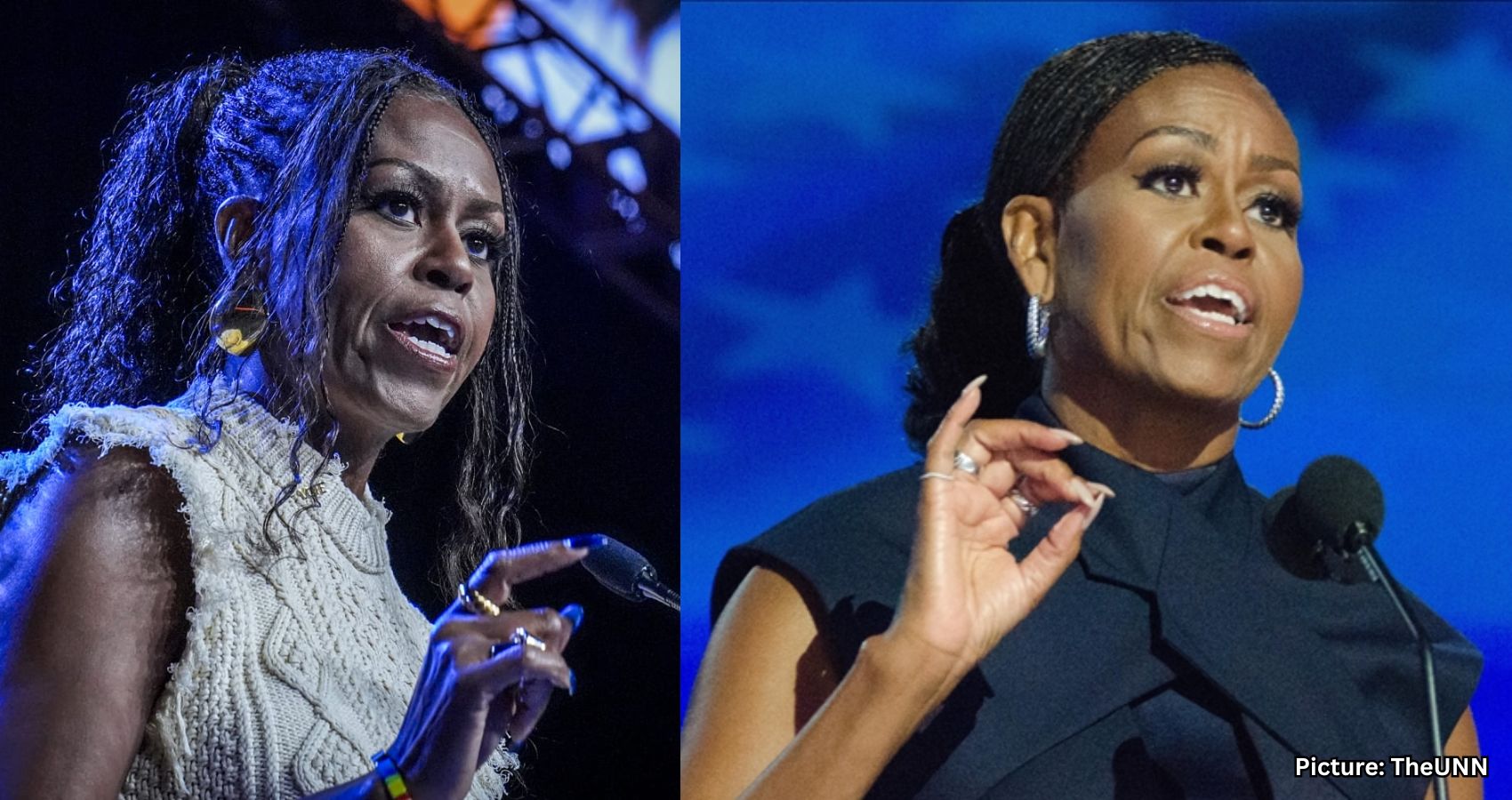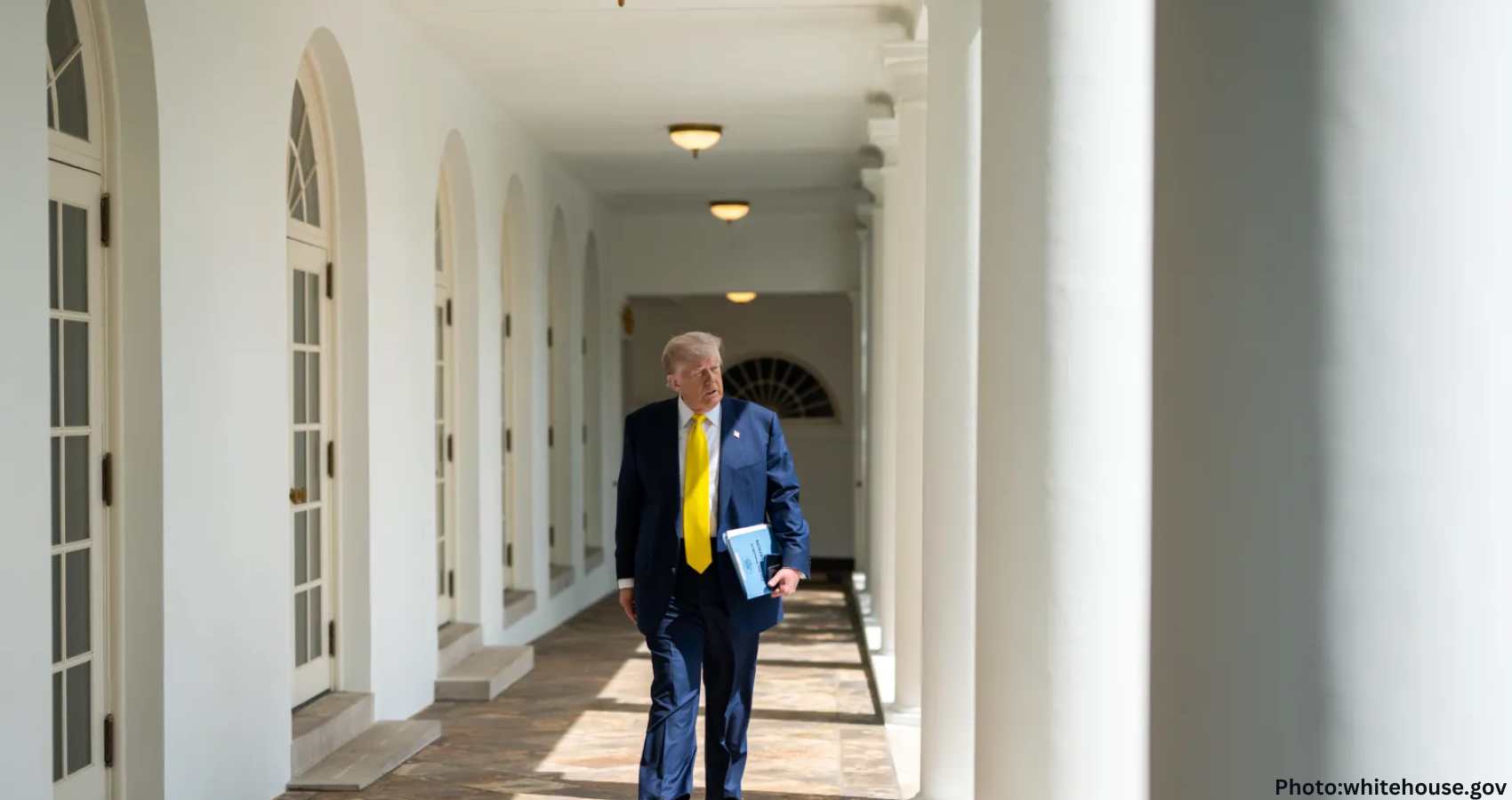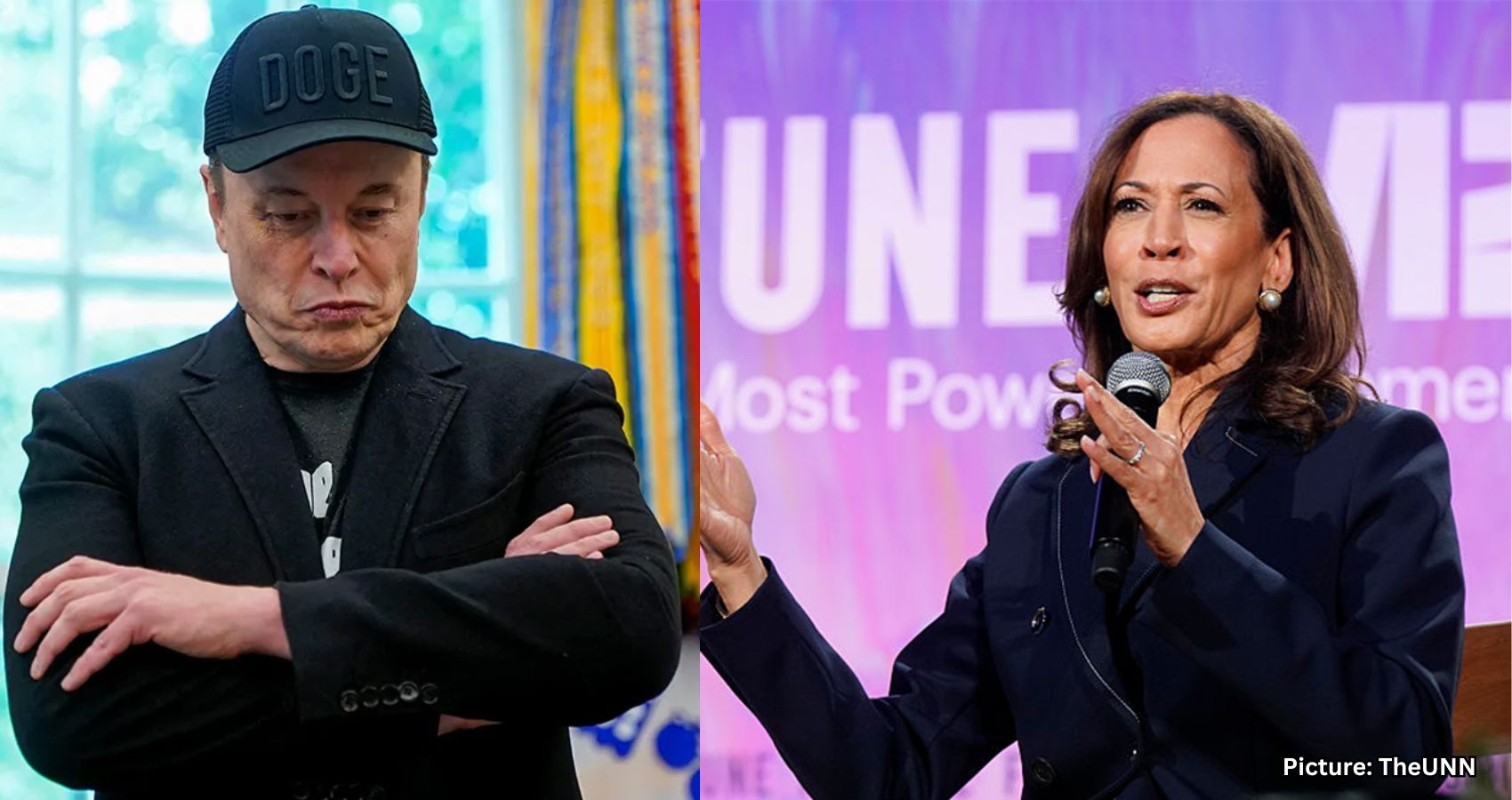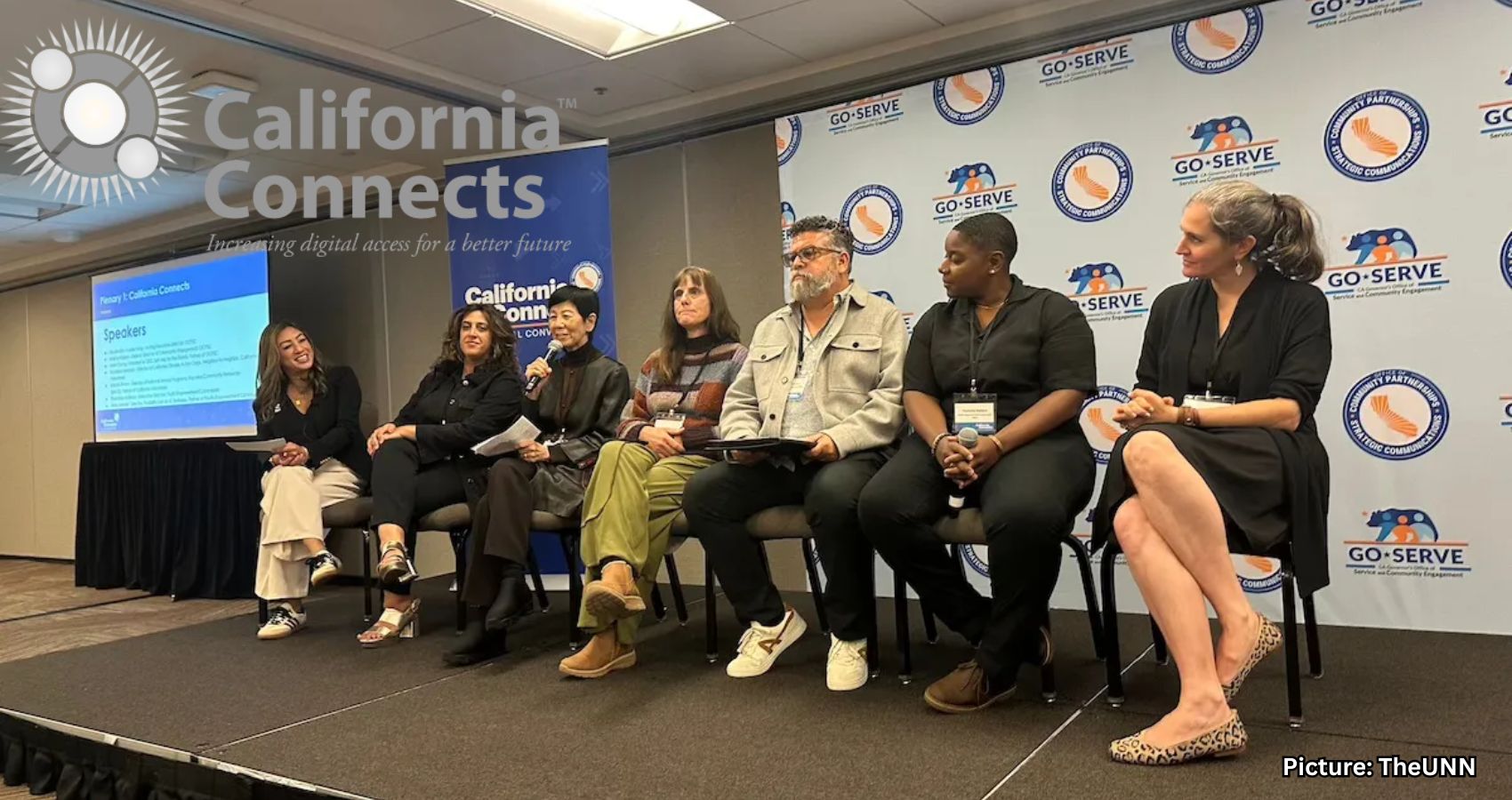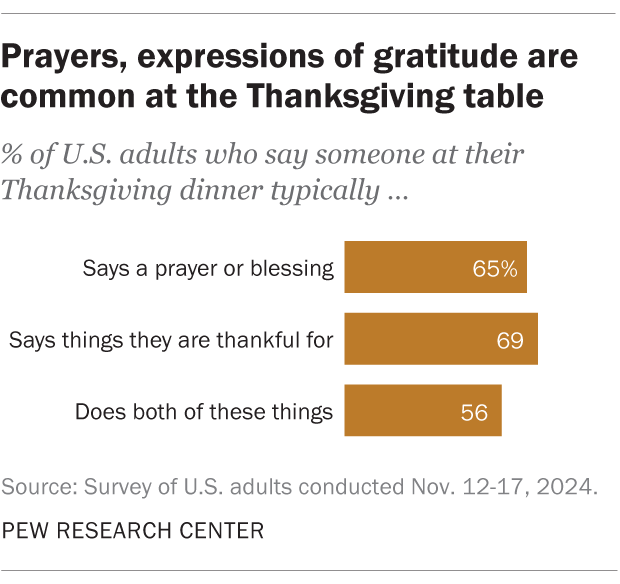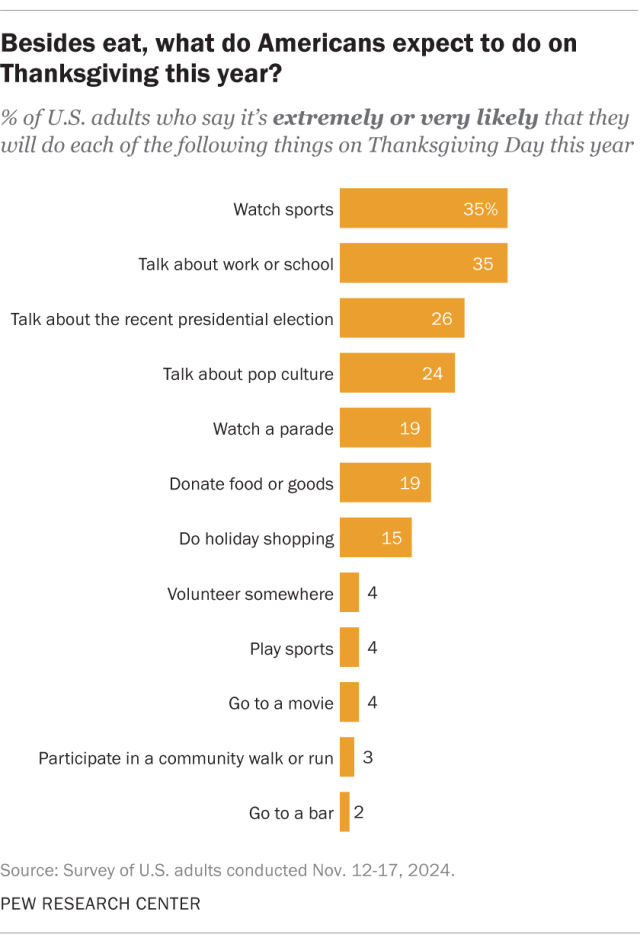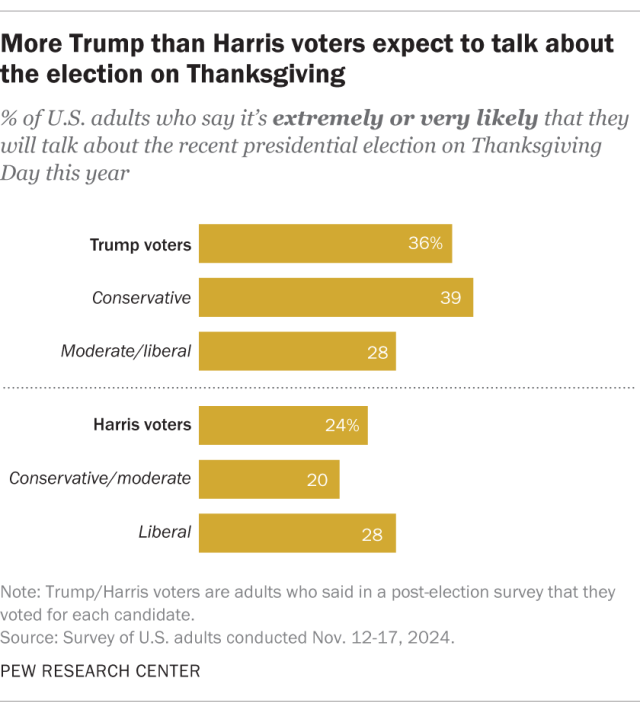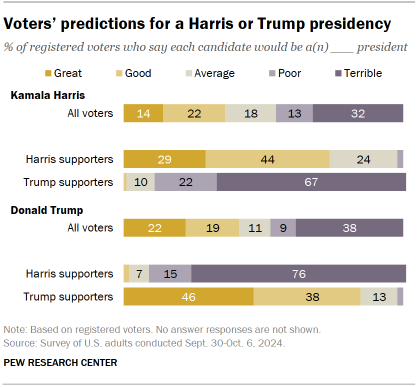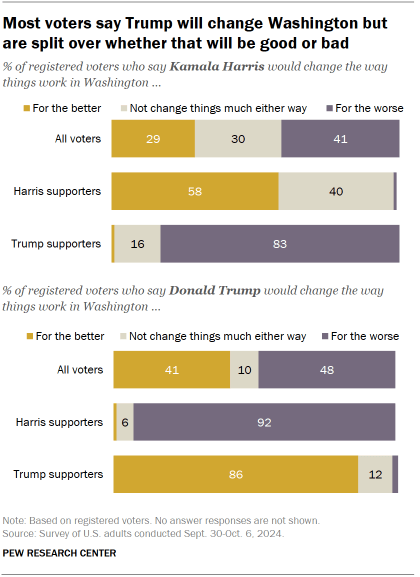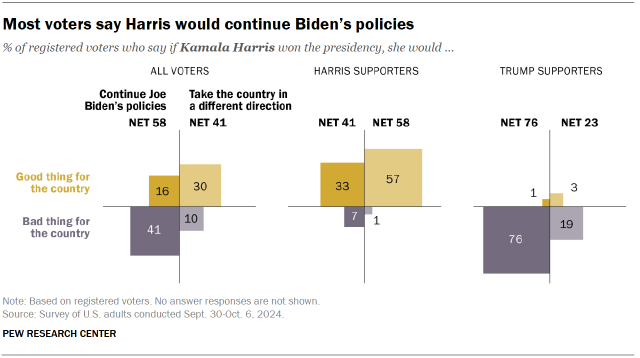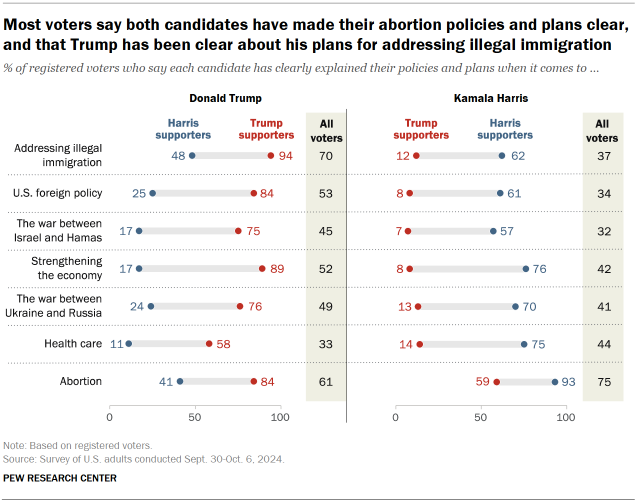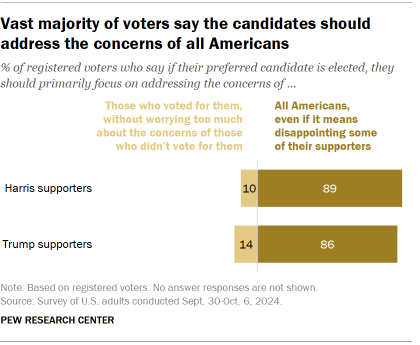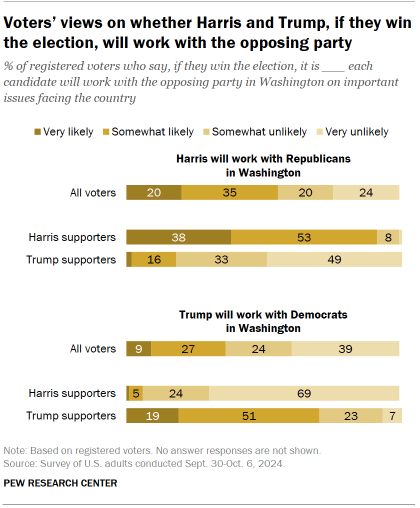Bernie Sanders stands on the back of a pickup truck, using a bullhorn to address an enthusiastic crowd outside a suburban Detroit high school. Several hundred supporters, unable to fit inside the packed gymnasium and overflow rooms, eagerly listen as he shares a remarkable turnout figure.
“What all of this tells me, is not just in Michigan or in Vermont, the people of this country will not allow us to move toward oligarchy. They will not allow Trump to take us into authoritarianism,” Sanders declared, prompting cheers. “We’re prepared to fight. And we’re going to win.”
At 83, Sanders is not seeking the presidency again, but the seasoned democratic socialist has positioned himself at the forefront of the movement resisting Donald Trump’s return to power. By openly challenging Trump’s governance and condemning his plans to dismiss tens of thousands of government workers, Sanders is defying those who want Democrats to focus on economic issues or remain passive.
For now, Sanders stands alone as the only progressive leader actively mobilizing national opposition to Trump.
His rally in Kenosha, Wisconsin, attracted 4,000 attendees. The following morning, he addressed about 2,600 in Altoona, a small town of under 10,000 people. The Detroit rally exceeded expectations, drawing 9,000 supporters. Each event was strategically held in a swing congressional district represented by a Republican.
Newly reelected for a fourth Senate term from Vermont, Sanders acknowledges that this is not the role he expected at this stage in his career.
His team initially delayed launching what they now call the “stop oligarchy tour” to see if a prominent Democrat would take on the role. But as no one stepped up, Sanders—who is not officially a Democrat despite his close ties to Senate Democrats and past presidential bids—found himself at the center of speculation about another White House run.
“This is like presidential campaign rallies, isn’t it? But I’m not running for president, and this is not a campaign,” Sanders told The Associated Press. “You gotta do what you gotta do. The country’s in trouble and I want to play my role.”
A Fractured Democratic Opposition
Since losing the White House, Democrats have struggled to form a unified strategy or rally behind a single leader to counter Trump’s aggressive policies, including his efforts to reduce government oversight and strengthen the influence of billionaire Elon Musk.
No coordinated effort has emerged to organize the anti-Trump resistance.
“You look around—who else is doing it? No one,” said Rep. Alexandria Ocasio-Cortez, D-N.Y., when asked about Sanders’ efforts. “My hope is that the dam will break in terms of Democrats going on the offense … We need to take the argument directly to the people.”
Ocasio-Cortez, a longtime Sanders ally, plans to join him on the road and make independent appearances in Republican-held districts in Pennsylvania and New York, particularly where GOP lawmakers have avoided in-person town halls.
“It’s not about whether Bernie should or shouldn’t be doing this. It’s about that we all should,” she said. “But he is unique in this country, and so long as we are blessed to have that capacity on our side, I think we should be thankful for it.”
Apart from Sanders, much of the organizing has fallen to grassroots groups like Indivisible, which have successfully pressured some House Republicans. In response to public outcry, some GOP lawmakers have distanced themselves from Musk or questioned the policies being pushed by his allies.
Ezra Levin, co-founder of Indivisible, who has frequently criticized Democratic leadership, praised Sanders’ activism.
“I wish more Democrats were traveling the country, including to red states, to rally the majority against Musk and Project 2025,” Levin said. “Sure as hell beats (House Democratic leader Hakeem) Jeffries traveling the country for his children’s book tour during a constitutional crisis.”
Jeffries, during the last congressional recess, made two appearances promoting a children’s book on democracy. He also traveled in support of House Democrats and was recently in Selma, Alabama, to mark the 60th anniversary of Bloody Sunday.
The reality is that few Democratic leaders can draw large crowds on short notice or manage a national-scale operation. Rising Democratic figures with 2028 presidential potential, such as California Gov. Gavin Newsom, Michigan Gov. Gretchen Whitmer, and Pennsylvania Gov. Josh Shapiro, have yet to establish strong national presences.
Connecticut Sen. Chris Murphy, one of Trump’s more vocal critics in Congress, said Democrats must improve their organization.
“People are desperate to be plugged into action right now. People see the threat. They are anxious and angry and motivated and they want to be sent in a direction to help,” he said.
Murphy acknowledged that Sanders still faces resistance from many Democrats who see his progressive proposals—such as Medicare for All, free public college, and the Green New Deal—as too extreme.
Five years ago, Democrats united around Joe Biden to prevent Sanders from securing the 2020 presidential nomination.
“There still are a lot of folks who view Bernie as a danger to the party,” Murphy admitted. “Whereas I see his message as the core of what we need to build on.”
Sanders’ Focus on the Working Class
While Sanders was a staunch Biden supporter over the past four years, he criticized the Democratic Party after Kamala Harris’ defeat, arguing that Trump’s win was possible only because Democrats had “abandoned” the working class.
United Auto Workers President Shawn Fain, who introduced Sanders in Michigan, urged Democrats to follow Sanders’ example.
“They’ve got to take a hard look in the mirror, in my opinion, and decide who the hell they want to represent,” Fain said. “We’ve been clear as a union, if they aren’t looking out for working-class people, we’re not going to be there for them.”
Voices from the Crowd
The diverse crowds attending Sanders’ rallies included some who had never supported his previous campaigns but now see him as the strongest opposition to Trump.
“I’m here because I’m afraid for our country. The last six weeks have been horrible,” said Diana Schack, a 72-year-old retired lawyer at her first Sanders rally. “I am becoming a more avid Bernie fan, especially in light of the work he’s doing traveling around the country. These are not normal times.”
In Kenosha, Amber Schulz, a 50-year-old medical worker, demanded more action from Democrats.
“Bernie is the only politician I trust,” she said.
Tony Gonzales, a 56-year-old independent voter from Pleasant Prairie, Wisconsin, expressed concern that Trump might try to extend his presidency beyond two terms, despite constitutional limits.
“It’s a dangerous time right now,” Gonzales said. “What Bernie has to say—and the turnout—is important. His voice is still being heard.”
Over the weekend, Sanders continued to push his long-standing populist message, calling for expanded social programs, free health care, and free public higher education. He especially criticized Trump’s administration, which he said is dominated by billionaires like Musk.
“They want to dismantle the federal government and cut programs that working people desperately need,” Sanders warned.
“Yes, the oligarchs are enormously powerful. They have endless amounts of money. They control our economy. They own much of the media, and they have enormous influence over our political system,” he continued. “But from the bottom of my heart, I believe that if we stand together, we can beat them.”
Sanders’ Future in the Fight
At 83, with a history of heart issues, Sanders’ long-term role in the movement remains uncertain. However, his spokesperson confirmed he has not had health concerns since his 2019 hospitalization.
For now, Sanders shows no signs of slowing down. His 2020 campaign manager, Faiz Shakir, is helping coordinate his stops, backed by a team of former campaign staffers working on a contract basis.
Shakir, who unsuccessfully ran for chair of the Democratic National Committee, acknowledged differing strategies within the party on how to confront Trump.
Last month, veteran political strategist James Carville suggested Democrats should “roll over and play dead,” hoping that Trump’s actions would lead to a backlash.
“One theory is you can play dead; you can strategically retreat,” Shakir said. “Or, you play alive, and you go out to people and you talk to them with conviction and integrity.”

